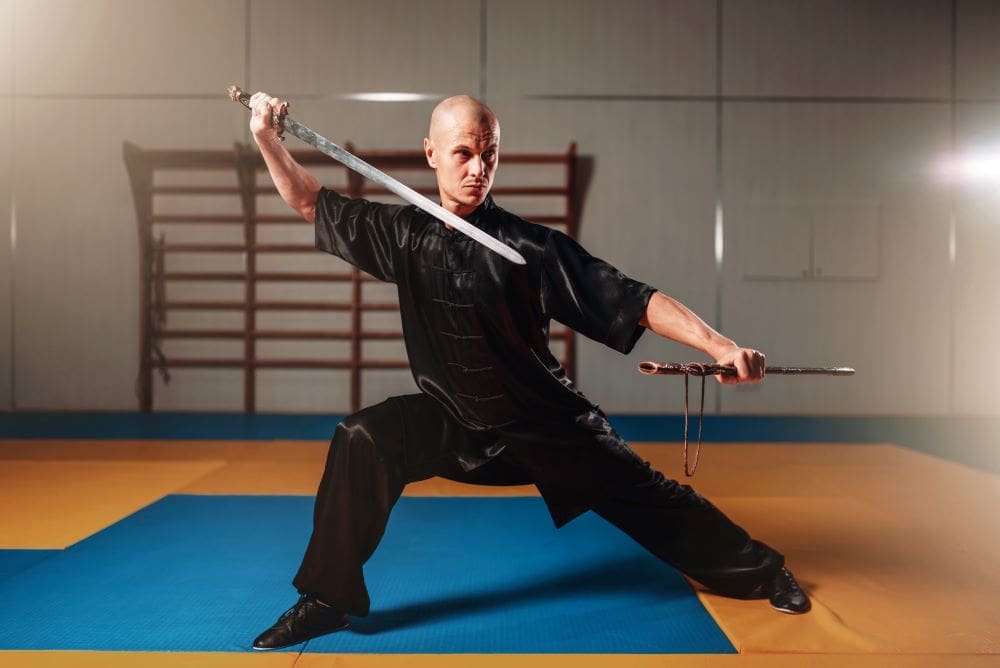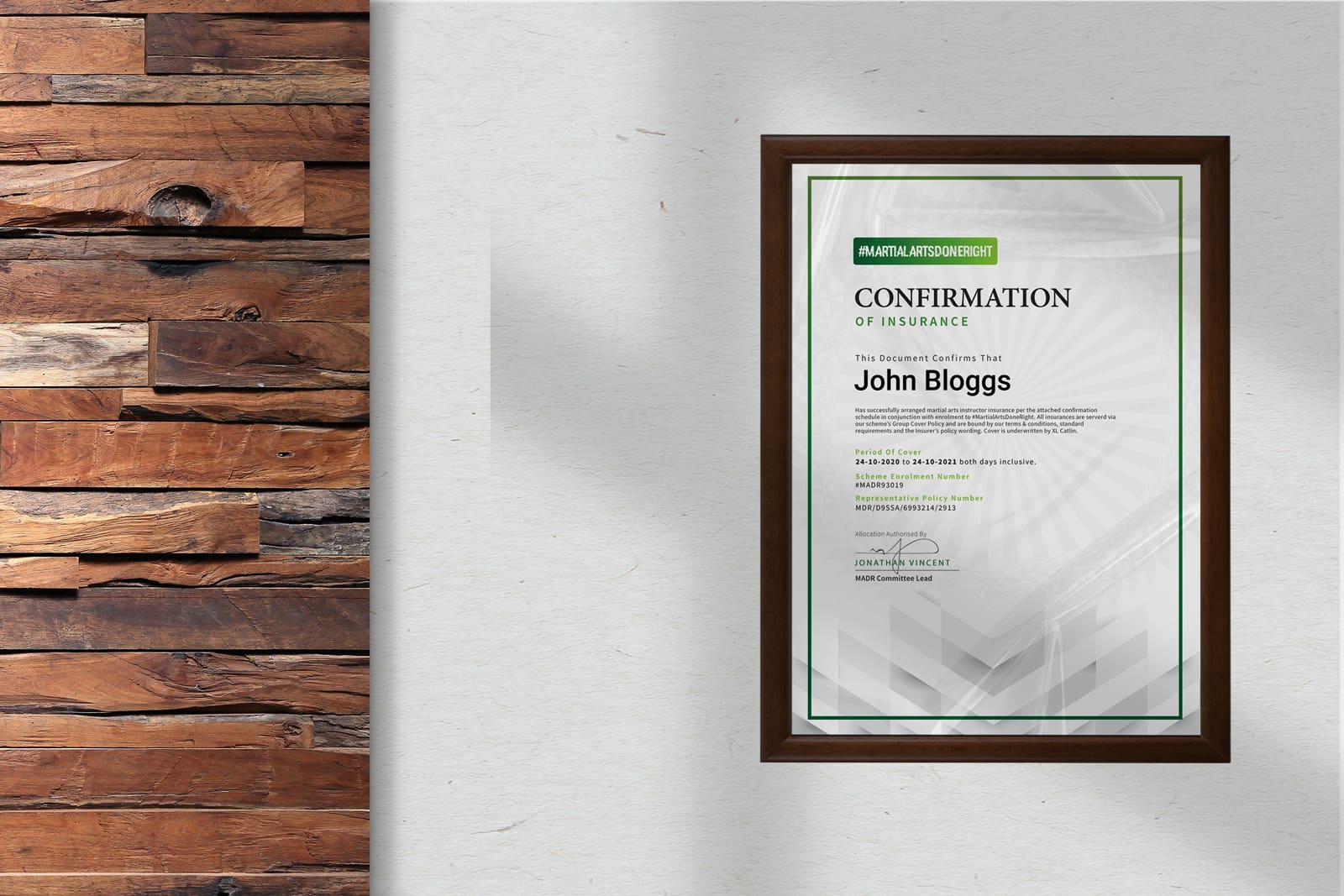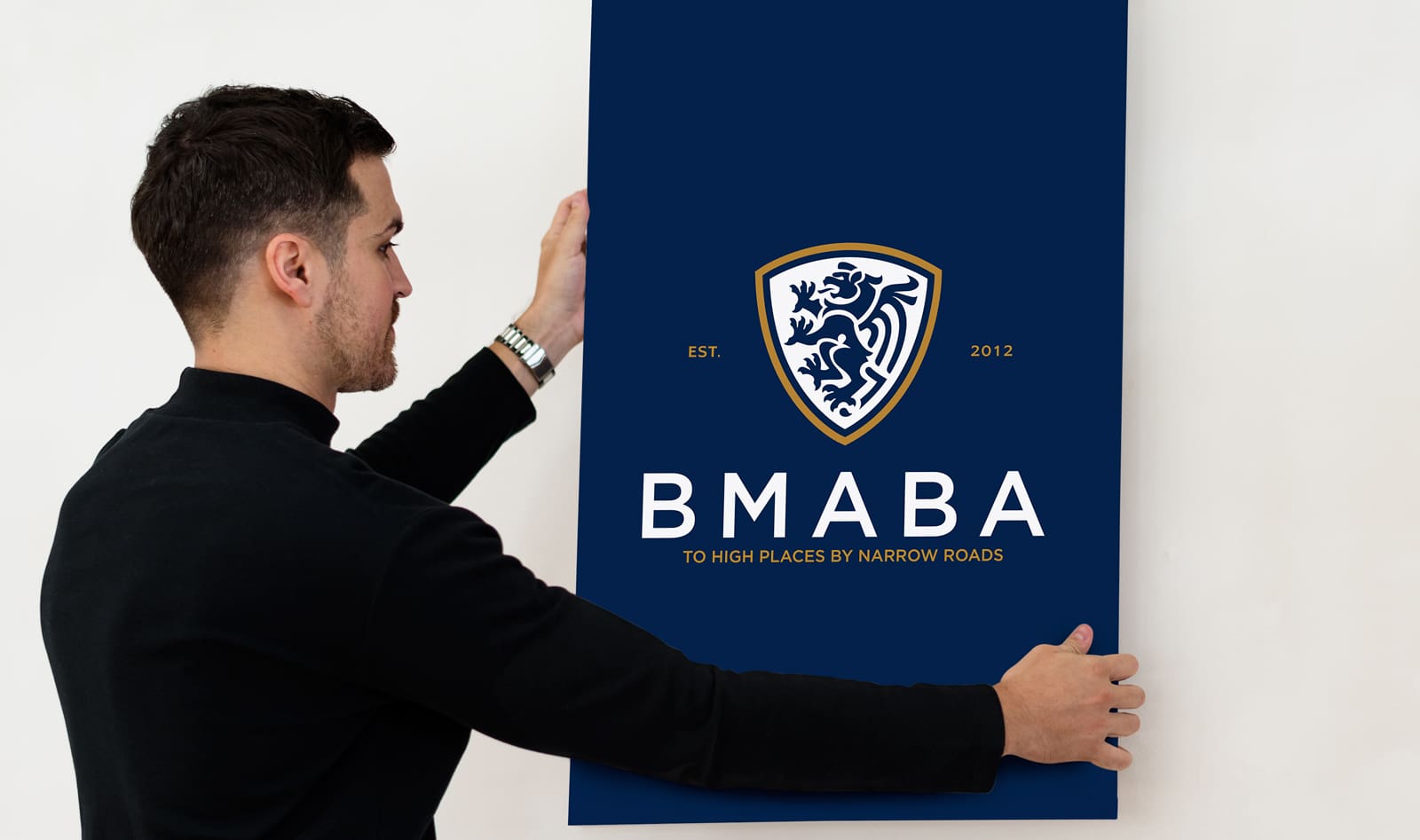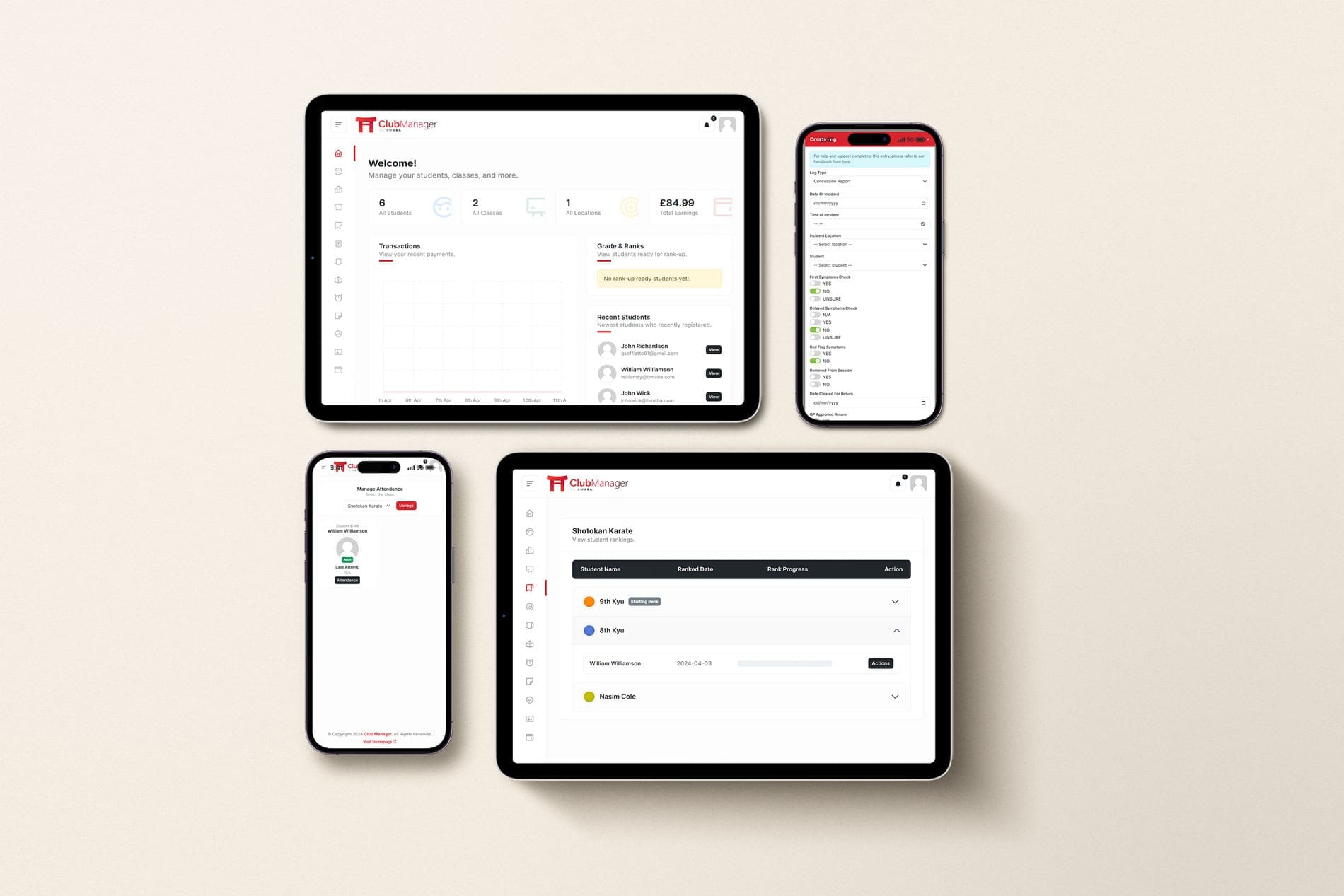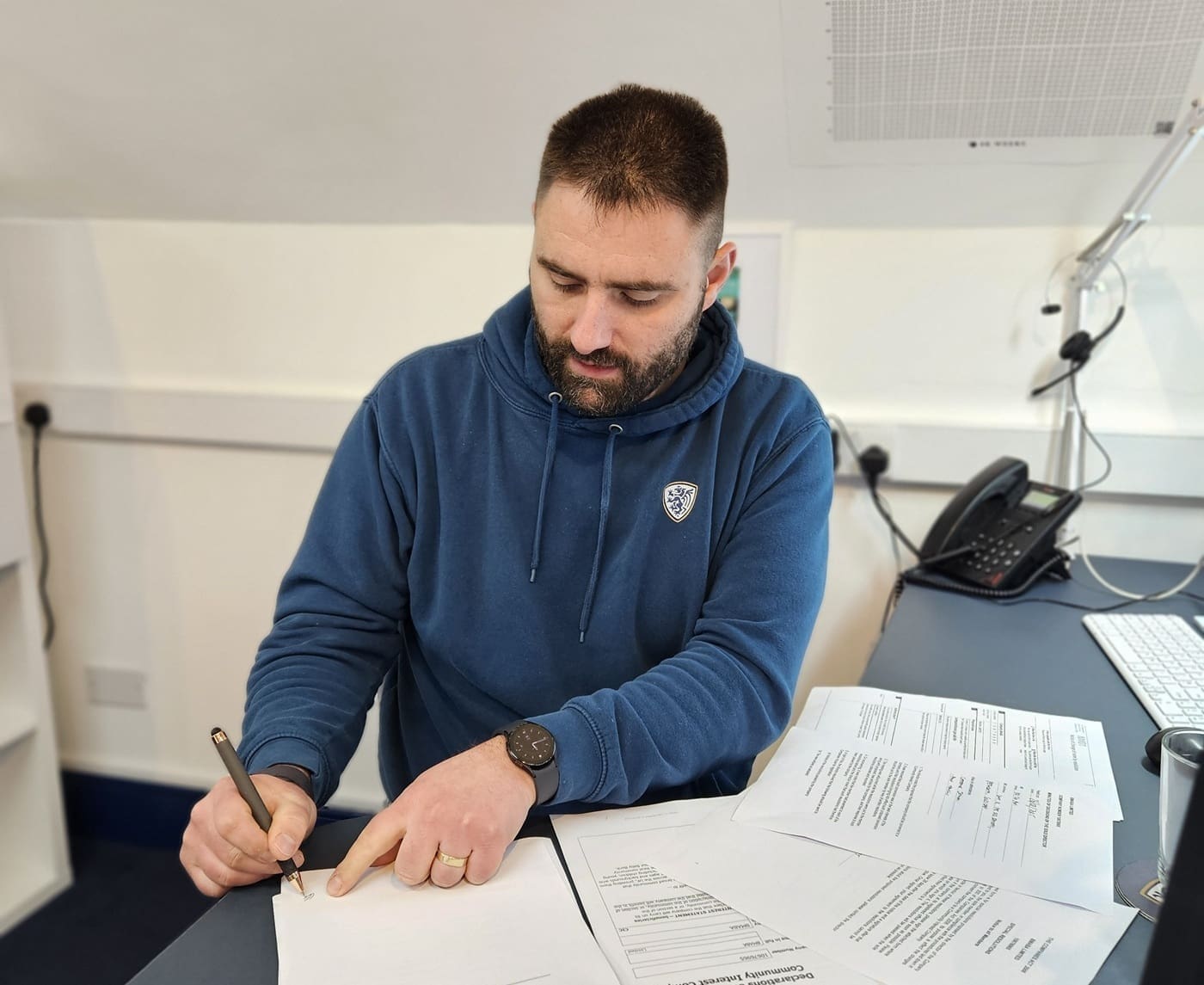MAJOR UPDATE: Sport England Return To Play Open-Use Confirmation
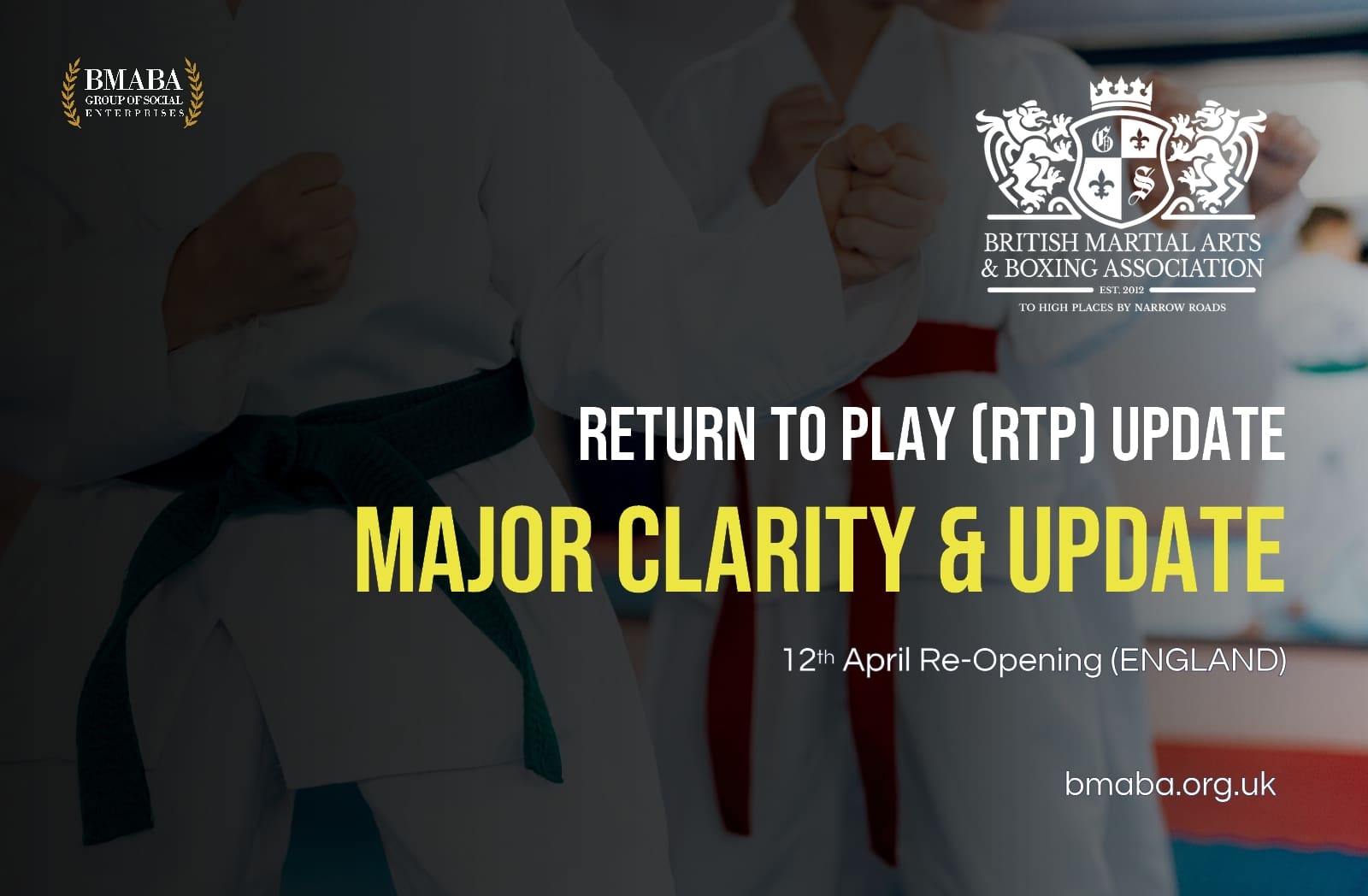
Last update: 9th April 2021 to reflect new Kickboxing Rtp
Since the refocus on Return To Play (RtP) policies being required for combat sports in order to negate a zero-contact return to martial arts emerged at the end of March, BMABA have been working day and night to discover the facts around the process, and to ensure as many clubs as possible can access the appropriate level of contact training – such as padwork, grappling and sparring per the Phases of Return.
Over the past couple of weeks we’ve been facing difficult questions around the interpretation of DCMS (Department for Digital, Culture, Media & Sport) guidance and how it applies to independent martial arts. As we are mandated to be by our members, we’ve endeavoured to only provide confirmed and accurate updates. In our opinion, far too many organisations have been issuing their own Return To Play guidance under the pretence of it being ‘official’ when infact it is no such thing. To be clear, the Return to Play process has existed since mid-2020 and we, like many others, had policies ready for submission. The major confusion has arisen over the past couple of weeks largely from the scale of approved guidelines from organisations seemingly without approval, alongside the DCMS list not updating.
After quite literally hundreds of hours spent establishing and reviewing Return To Play protocols internally and with industry partners we had a breakthrough after the Easter bank holiday weekend when we firmly established contact with Sport England. We now have firm and official confirmation of the Return to Play situation and how this affects martial arts.
What’s was presumed to be the case initially?
In the confusion and chaos of the initial ‘blind’ release of the mandate to ensure a Return to Play policy was in place for a discipline to move off from Phase 0 (socially distanced, zero contact) training it was presumed that;
- Only one Return to Play policy would be approved per sport (style) and that it would be unique and exclusive to the NGB or association to whom it was approved through.
- That any club or instructor not registered to the organisation which worked on the policy would not be able to move away from Phase 0 socially distanced training.
We now know this is NOT required and is NOT a correct understanding of the situation.
In the ensuing couple of weeks, many instructors and clubs spent vast amounts affiliating under organisations they had no interest or desire to be registered with just to ensure a fair chance of being able to resume contact training, grappling and so on. Many associations have also been propositioned with affiliations to ‘NGBs’ and associations at the cost of thousands of pounds in order to access their policies for the organisation’s members. Whilst we all knew Return To Play may be relevant to us all resuming contact training the subsequent introduction of the Combat Sports Framework gave hope late 2020 to a unified phased return to training rather than a style by style relaxation.
What is the official position?
We now have confirmation in writing from Sport England that;
-
Clubs and instructors from ANY association can use an approved Return to Play policy issued by any other association or NGB. This means there is NO requirement to be registered with another association in order to deliver contact training just because they have written the Return to Play policy.
-
Any return to play policy approved by the DCMS should be published publicly on the publishing organisation’s website so instructors, clubs and associations from across the martial arts industry can access and deploy it accordingly.
-
Independent associations claiming to have approved Return to Play policies effective across ‘all styles’ have not received the required sign off from DCMS – it’s clear that a submission to Sport England and approval by DCMS (Government) is essential before clubs move from Phase 0 training.
As an association, we’ve;
-
Received confirmation of the full list of approved styles, and those pending sign off, as well as confirmation of the organisations’ working with DCMS on the policy.
-
We are a named body on the England Kickboxing Return to Play (RtP) policy which is now approved by DCMS (policy linked below) and we also have a comprehensive Mixed Martial Arts (MMA) RtP currently being reviewed by Sport England.
Instructors and clubs do NOT have to register with an association responsible for issuing a RtP (Return To Play) policy in order to access the guidance. This means there is no exclusivity to the process as initially feared – it is freely open for clubs to use as they require.
What specifically has been said, what’s been approved and what can I / can’t I do?
APPROVED & PENDING STYLES
We have confirmation directly from Sport England that, at time of writing (08/04/2021), the following styles have been approved by DCMS;
- Boxing
- Brazilian Jui-Jitsu
- British Ju Jitsu
- Taekwondo
- Judo
- Wrestling
- Kickboxing
We have confirmation that the following are currently with DCMS awaiting approval;
- Aikido
- Kendo
- Karate
- Krav Maga
- MMA
WHO’S BEHIND THE RELEVANT POLICIES?
Any club or association should be able to publicly access the Return to Play policy approved for a specific style. These organisations responsible will show up on the DCMS website in due course, but we have confirmation of the following organisations working on approved or pending policies;
- Boxing (England Boxing)
- Brazilian Jui-Jitsu (UKBJJA)
- British Ju Jitsu (British Ju-Jitsu Association Governing Body)
- Taekwondo (British Taekwondo and British Taekwondo Council)
- Judo (British Judo)
- Wrestling (British Wrestling)
- Kickboxing (England Kickboxing – A Collective Of Organisations Including BMABA [Us])
- Aikido (British Aikido Board)
- Kendo (British Kendo Association)
- Karate (English Karate Federation)
- Krav Maga (Krav Maga Round Table)
- Mixed Martial Arts (MMA) (BMABA [Us])
WHAT PROOF DO WE HAVE OF THIS?
Anyone who knows the British Martial Arts & Boxing Association (BMABA – us!) will know that in all areas of governance, especially COVID, we’re only interested in confirmed and official information. We’ve never bothered to spurt out rubbish to line our pockets and have consistently sought official confirmation before making major announcements. It’s common sense, especially given the 30,000 members we represent.
Here’s the official correspondence with Sport England received on 8th April 2021 to confirm this understanding. Please note, some text has been redacted for sensitive or confidential matters. This is marked with XXXXXX as appropriate.
Hi Giovanni [BMABA CEO]
xxxxxxxx xxxxxxxxxxxx xxxxxxxxxxxxx xxx xxxxxx xxxxxxx xxxxx xxxxxxxI will process your request internally and get back to you shortly on the MMA action plan [submitted by BMABA].
Regarding clubs that deliver Taekwondo (or any other discipline where the NGB may have produced guidance, ie Boxing) the club would be able to follow the NGB guidance/action plan. They will not need to be affiliated to the organisation/NGB hosting the action plan hence we have asked the NGBs to make the guidance live and accessible on their website once it has been signed off, and a link will also be placed at the bottom of the government website here when the government refresh the page with their step 2 guidance: here
These are the NGBs/organisations who will be hosting the signed off guidance (the ones in green have already been signed off):
- Boxing (England Boxing)
- Brazilian Jui-Jitsu (UKBJJA)
- British Ju Jitsu (British Ju-Jitsu Association Governing Body)
- Taekwondo (British Taekwondo and British Taekwondo Council)
- Judo (British Judo)
- Wrestling (British Wrestling)
- Kickboxing
- Aikido (British Aikido Board)
- Kendo (British Kendo Association)
- Karate (English Karate Federation)
- Krav Maga (Krav Maga Round Table)
Many thanks
XXXXXX
We don’t expect clubs to take our word for this, so we’ve published a redacted original of the email itself, just so clubs can see specifically the exact text.
You can view that below;
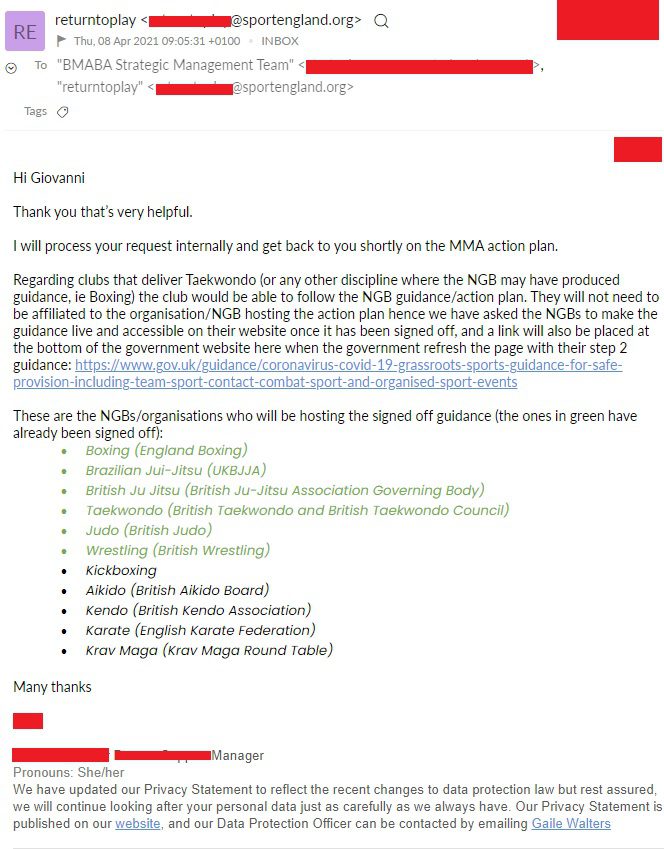
What’s our thoughts on this update?
Clearly it’s absolutely fantastic news, and we’re grateful to Sport England for clarifying this.
What this has exposed is the appalling lack of governance shown by many ‘governing bodies’ (not Sport England NGBs, but the self-appointed NGBs) and ‘associations’. Some multi-style organisations in particular – and not just small ‘tin-pot’ bodies – have been prolific in sharing Return to Play policies that they’ve referenced as being ‘official’ or ‘effective’. The above list of organisations currently with pending or approved RtPs shows clearly this is not the case. It would also appear to show that many independent associations claiming to have approved policies two weeks ago haven’t bothered to seek the facts and solicit a firm confirmation from Sport England. To us, it smacks of the usual ‘landgrabs’ and profiteering that gives martial arts the terrible reputation it’s known by some to hold. The idea of publishing a policy that is effectively nil-and-void, and either failing to correctly understand – or knowingly ignoring – the DCMS’s specific requirement to have Government approval before returning to contact training is lamentable. All in the name of a quick profit among desperate clubs scrambling to remain competitive from 12th April.
That aside, it’s great to finally have a bit of clarity and clearly this now being effective as we had hoped, without exclusivity, is going to be a welcome break to tens of thousands of clubs and participants. We’ll continue to work with those styles without representation too, so if your art doesn’t yet have an RtP policy, BMABA will be doing everything possible to submit and approve the broadest set of guidance we can in the weeks ahead.
At this point it’s worth us saying a huge thank you to all of the organisations and people in our industry who have worked together for the greater good of martial arts to provide clarity on certain processes. There are lots of good organisations doing the right thing so it’s far from a circus show!
What do I need to do next?
It’s really important to note that the RtP policies are not in themselves enough to satisfy your duty of care. In addition to carefully following the Return to Play policies you’ll also need to ensure stringent risk assessments and hygiene measures at club level as well as following any specific guidance from your current, elected association or NGB.
In the first instance, if you teach a style now approved you should seek the most up to date Return to Play policy from the organisation to whom it has been approved. Sport England have confirmed that this document should be openly available from the organisation’s website – you do NOT need to join in order to access it.
When you have the latest policy you should study it carefully to ensure you understand what you can and can’t do.
If you teach a style that is pending sign off, please closely follow the DCMS website for confirmation of the policy’s approval. If you teach MMA, keep an eye on BMABA and our updates as we’ll be directly approved as part of this process.
If you teach a style that is not yet on the pending or approved list, we’re in your corner and are working hard to ensure you have an available policy. Where there is close crossover (for example, if you’re an MMA club and you need to access the Jujitsu RtP or a Muay Thai club where the instructor also has qualifications in Kickboxing) we’ll do all we can to approve a temporary re-assignment of styles to ensure your licence and insurance is covered. You should contact us via your preferred channel to request a temporary style on your record for the RtP process. We’ll review this accordingly. Whilst we of course can’t arbitrarily re-assign clubs (for example, a Ninjitsu club becoming a Kickboxing club just to access an approved policy) we can and will work to make reasonable adjustments (such as a Muay Thai club accessing the Kickboxing framework).
If you’re in Wales, Scotland or Northern Ireland this should be welcomed as good news. It’s not directly applicable yet but it should set a strong precedent which we’re working hard to confirm in-line with your return to play dates.
If there’s an approved Return to Play policy for my style, what can I now do with my class?
There are three phases for the return of combat sports (4 if you include phase 0). These are as follows. It’s important you understand each phase, so don’t skip this!
UPDATED 9TH APRIL 2021 ————-
Step 2 (12 April):
Outdoors, organised contact combat sport activities can resume at phase 2 for children, and phase 1 for adults.
Indoors, organised contact combat sport activities can resume at phase 2 for children. Adults can resume indoors at phase 1, but any activity that does not meet social distancing guidance (such as contact or pad work) can only take place between people from the same household or support bubble.
Here are the phases broken down by levels;
Phase 0: non-contact socially distanced activity
At phase 0, contact combat sports may resume non-contact training. This means that they should only train individually and there should be no activity with others, including with equipment (such as pad work). Clubs, providers and participants must adhere to legal gathering limits, social distancing guidelines and venue requirements, as set out in government guidelines.
Phase 1: return to equipment training
At phase 1, contact combat sports can resume contact training. They can train with others and do not have to maintain 2m social distance. This is solely for the use of training with handheld and wearable equipment (such as pad work), and during this phase there should be no direct personal contact or contact with clothing. Sports should provide guidance on whether (and what type of) personal protective equipment (PPE) is appropriate for individuals holding or wearing contact equipment.
Training which involves contact should take place within ‘training bubbles’, in accordance with the relevant social contact rules at that step of the roadmap. Individuals may only be part of a single bubble at an individual club/gym. Individuals may not be part of multiple bubbles at the same or at different venues (for example a coach may not train with a bubble of similarly experienced participants and then become a coach for a less experienced group; a children’s instructor may not coach more than one group of children, even on separate days). Coaches or participants holding or wearing the equipment are considered to be part of the bubble.
Coaches or officials who operate socially distanced from bubbles and are not holding or wearing equipment can operate across bubbles or multiple gyms. However, even when socially distanced, coaches or officials may wish to limit the number of bubbles or facilities they work with to limit exposure, and should make clear to facility operators if they work across multiple venues. Where possible, socially distanced training should be maintained for all participants.
For under-18s and where the activity is for educational purposes (e.g. students studying sport at further or higher education), the training bubble may be up to 15 participants. Participants in a training bubble should not mix with others in different bubbles, before, during or after the training activity.
Phase 2: return to contact training
At phase 2, contact combat sports may resume contact training which includes direct physical contact between participants.
Training which involves contact should take place within ‘training bubbles’, in accordance with the relevant social contact rules at that step of the roadmap.
Individuals may only be part of a single bubble at an individual club or gym. Individuals may not be part of multiple bubbles at the same or at different venues. For example, a coach may not train with a bubble of similarly experienced participants and then become a coach for a less experienced group. A children’s instructor may not coach more than one group of children, even on separate days. Coaches or participants holding or wearing the equipment are considered part of the bubble.
Coaches or officials who operate socially distanced from bubbles and are not holding or wearing equipment can operate across bubbles or multiple gyms. However, even when socially distanced, coaches or officials may wish to limit the number of bubbles or facilities they work with to limit exposure, and should make clear to facility operators if they work across multiple venues. Where possible, socially distanced training should be maintained for all participants.
For under-18s and where the activity is for educational purposes (e.g. students studying sport at further or higher education), the training bubble may be up to 15 participants. Participants in a training bubble should not mix with others in different bubbles, before, during or after the training activity.
Phase 3: return to competition
At phase 3, contact combat sports may resume competition between participants.
The provision of competition, including the number of participants permitted to take part, should be determined adhering to legal gathering limits, and dependent on venue capacity (see guidance above on ventilation and venue capacity). For under-18s and where the sport is for educational purposes, up to 15 people may engage in contact combat sports competition. Participants may not mix with other participants, before, during or after the event.
The number of participants set out in legal gathering limits does not include coaches, officials and others attending for work purposes (e.g. event staff), but these numbers must be minimised. Sports should provide guidance on whether (and what type of) personal protective equipment (PPE) is appropriate for individuals holding or wearing contact equipment.
Competition activities in phase 3 should be organised with a minimum 2-week break between phase 3 activities. Phase 1 and 2 activities may continue during this time. Individual sports action plans should set out clearly who is responsible for adhering to measures and maintaining records of phase 3 activities.
(Source: DCMS Combat Sports Framework)
In England, from 12th April 2021, clubs with an approved Return to Play policy relevant to their style can resume at PHASE 2 which should pave the way for many of the staple aspects of training we’ve all missed – such as padwork, sparing and grappling within children’s classes.
What specifically can I teach?
You MUST consult the style specific Return to Play policy signed off by DCMS to confirm what can and can’t be delivered as part of your style along with any other control measures required.
Here’s an example of the Phases per BMABA’s MMA RtP (currently pending approval). This is based closely on the England Kickboxing RtP (which BMABA are included in) and we hope it offers a rough steer on ‘the norm’ per the phases. Do check, though!
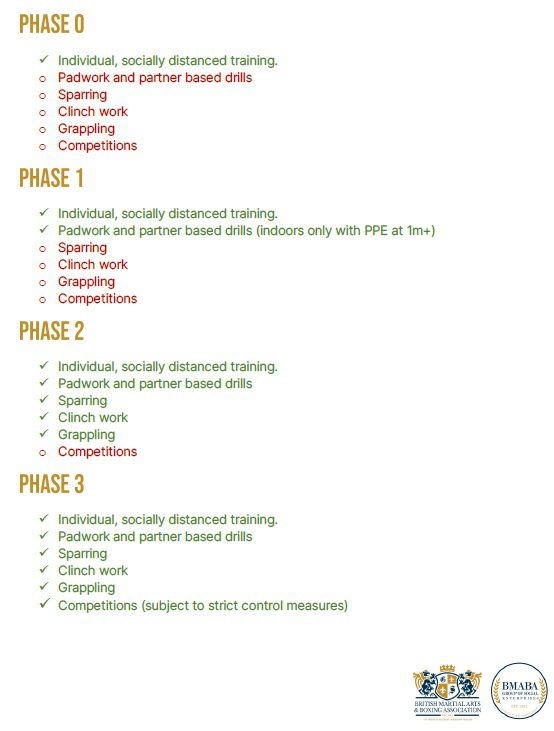
What next for martial arts?
If you have an approved RtP for your style you should seek the original, full RtP policy (and not just a summary A4 page) and immediately study it, properly! Understand what can and can’t be done under the guidance and what other requirements you’ll need to meet before returning to contact training.
If you have a pending RtP for your style keep a very close eye on the organisation responsible for the policy. When it is formally approved, you should study it fully before returning. BMABA will update the community on all RtPs approved as and when we’re aware of their approval. The DCMS website will also confirm who and what has been approved.
If you do NOT have an RtP for your style please be assured BMABA are in your corner and working hard to seek representation for you. We have more than 92 disciplines without representation and have formulated dozens of RtPs to try and ‘sweep up’ as many clubs as possible. We now have an established dialogue with Sport England so will use this to our advantage in the weeks ahead to open up as many clubs as possible.
In the interim, clubs without an official policy can revert to Phase 0 – socially distanced – training. You do NOT have to remain shut completely if you can safely deliver Phase 0 training.
BMABA Can Help Your Club
Even with a Return To Play (RtP) in place – be it through us or another organisation – you will still need to have stringent checks and balances in place at club level alongside following your own association’s guidance on COVID-19.
If you’re at a loss as to what the guidance means for you and your club, or how to apply it safely, we’re here to help. No obligation and no pressure to join – we’ll help any club we can.
Any club in need of more intensive resources can access our COVID Recovery Toolkit completely free of charge for a year with no obligation to renew. This includes Template COVID risk assessments, comprehensive Return to Play coverage and guidances, expert advice and guidance, template posters and signage, help with online classes, an updated roadmap and loads more alongside our usual safeguarding support and wider membership features.
(For a year’s free membership, please look for our Affiliate option. We also have COVID grants openly available if clubs are desperate for insurance. Learn more from here).
We’re here to help with questions and queries.
Access expert guidance and speak with our dedicated team for queries on membership, insurance, eligibility, us or just about anything else you might need.
We’re not based from a kitchen worktop, nor do we employ call centres overseas to answer generic FAQs for us. We have three locations throughout the UK including our Headquarters in West Sussex. BMABA boasts over 1,250sqft of newly refurbished top-spec office space for our dedicated staff and everyone you speak with here – be it via email, live chat, Facebook or phone – is part of the team and not an outsourced agent.
[hello-followers title=”Footer Followers” hide_title=”1″ new_window=”1″ total_type=”button_single” columns=”6″ template=”modern” animation=”pulse-grow” nospace=”1″ cover_style=”light” cover_image_style=”round”]
Join More Than 6,500 Like-Minded Instructors & Clubs
We’re one of the largest martial arts associations in the UK with more than 30,000 registered members across thousands of clubs and instructors.
Latest Updates
We have our own offices, not the kitchen table.
There’s nothing wrong with smaller martial arts associations. In fact, we think it’s good for competition and variety. Unfortunately too many are one-man bands run from kitchen tables, and not professional set ups with staff.
We have three locations – Manchester, London and West Sussex. Our HQ has over 1,400sqft of dedicated, bespoke office space for our team of staff and volunteers.
Founded in 2012 by the now Multi-Award Winning Social Entrepreneur & Life-Long Martial Artist
Frustrated by a lack of affordable, professional alternatives to the associations Giovanni Soffietto had dealt with when participating and then teaching Thai Boxing and Karate, BMABA was founded.
Focused on professional standards and ethics rather than belts and titles, BMABA boasts the pedigree of a life-long martial arts expert come award winning social entrepreneur as it’s Chief Executive Officer. It’s fair to say we’re well qualified and backed by an industry giant.
Our Membership Isn’t Just A Piece Of Paper
We have always been focused on providing clubs with everything they need under a single membership, and our range of resources, tools and features delivers exactly that.
From template grading certificates and documents through to a free club website and national club listings. Whether it be advice on club structure and marketing or membership marks and qualifications. DBS checks, first aid qualifications, coaching certificates, instructor licenses, insurance, business plans, equipment, graphics – you named it, we cover it under just one simple, affordable membership.
Beautiful, Professional Certification As Standard
So much of what you do will be judged on the grades, credentials and certification you hold. We get that.
We know parents, students and venues don’t always understand exactly what qualifies you. We help by providing superb, professional certification that ensures you look the part. Be it a Dan Grade, Instructor License or Insurance Document, all of our digital and printed certificates will meet the mark and be accepted across the UK.
Our Profits Fund The Fighting Chance Foundation
All of our eligible profits are donated to the Fighting Chance Foundation to help change lives through martial arts.
From programmes designed to help children in poverty and women & girls at risk of violence through to anti-knife campaigns and disability inclusion work, the Fighting Chance Foundation changes lives through martial arts.
Access The Latest Martial Arts Qualifications
We provide all of our members with a free Level 1 and level 2 Martial Arts Instructor Qualification. We also provide access to more than twenty professional courses and qualifications to help expand our member’s portfolios.
From first aid, safeguarding and coaching through to concussion awareness, club colours and marketing – BMABA are a household name in martial arts for providing high-quality, affordable access to training and qualifications for martial arts.
We Back Our Members, Even During The Darkest Of Times
Our response and support throughout the Coronavirus Pandemic confirmed to the industry the way BMABA treats it’s members.
We provided daily updates, dedicated online training hubs, access to a free COVID instructor qualification, subsidised insurances, a self-funded Covid Recovery Scheme, mediation services with local authorities and interpretations of DCMS policy. We increased our operational hours to ensure a 7 day a week response and invested more than ever in our systems, processes and memberships. This is what an association should be doing for its members we believe. As our slogan goes; “To High Places By Narrow Roads“.
You won't find another UK martial arts association that can offer so much to their members.
Not entirely sure?
Try us for free for 6 months, with no obligation.
There’s absolutely no obligation to commit beyond 6 months. You’ll be able to explore what we offer, our member’s area, all of our licensing options and get a better feel for the BMABA’s service without any obligation to become a full member. We genuinely believe the best way to find out if we’re any good is to try us for yourself.
Switching To Us
We know there’s a lot to think about, and we can help.
We have absolutely no interest in enticing you to switch to BMABA if we’re not the right fit. We know that won’t last and isn’t good for you or us. Instead, we can offer a confidential switching process to help you price up whether or not it’s worth while, whilst also getting answers to any questions you might have.
